Rita Loureiro
Рождение : 1969-05-07, Lisboa, Portugal
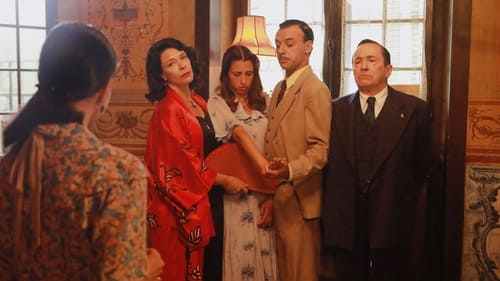
Dona Lúcia

This remake of the 1940 film with the same name tells the story of a theatre company, its men and women in love, mistakes and misunderstandings. Chico loves Tatão, who is courted by Artur. Graça loves Chico, but doesn't know he loves Tatão. Santana writes a play for the Grandelinhas that will serve as a guide to Chico passion and convince Tatão that he is a rich count. The play is then staged and they all end up in prison.
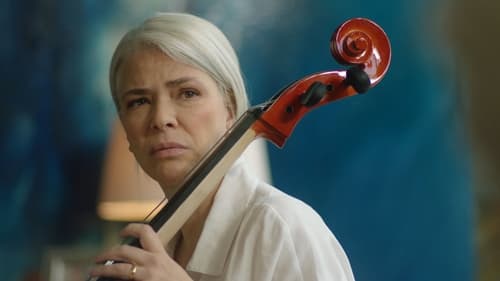
Helena
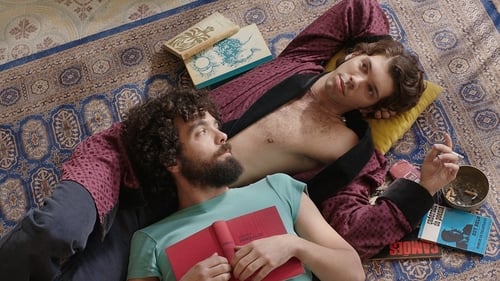
Летом 1975 года художник и поэт Ал Берту возвращается в родной город Синиш в Португалии. Он и его друзья олицетворяют молодость, эксцентричность и мечты о будущем, но жители маленького консервативного городка не готовы к тем переменах, за которые выступает новое поколение.

Sophia de Arriaga
Shaken by a divorce in the 1920s, Portuguese poetess Florbela Espanca uses her writing to deal with her tumultuous relationship with men, eroticism and love.

Bela
Vera is a singer in her thirties; she is back in Lisbon for the final performance of her concert tour. The heat and beauty of Lisbon makes one want to be happy. Pablo, the companion she selected from among the many who answered her questionnaire, helps her through the sleepless nights. He has no family, but wishes he had. Vera concerns herself with the mysteries surrounding Pablo's life. Vera is not afraid of the night; she is not afraid of anything.

Simone Avelar
On a day like any other, a woman leaves work and heads to a party in the outskirts of Lisbon. On her way there she sees a man ready to jump off a bridge. She stops the car and approaches the man, trying to save him.

Humberto hanged himself. Catarina, Paulo and Victor want the company where Humberto used to work for to take responsibility in his death, leading them to kidnappe the company’s director in an act of despair. Who is Humberto? What company is that? In which paths will he take us, after his death? Cinerama is an edgy, enigmatic, but not distant film that brings up genres of cinema as well as other forms of art like dance, theatre and poetry. The film reflects ways of being in life.

Irene
Two solitary men embark on a journey to find a missing woman...
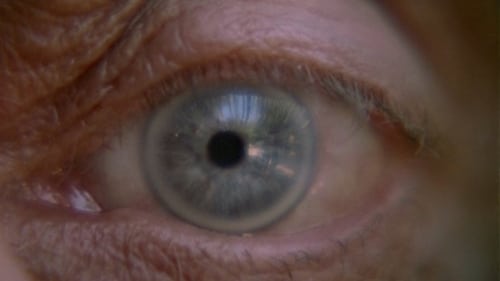
Marina
João Vuvu, lives alone in a house that requires regeneration but due to being alone he is unable to do the work. On his son's release from prison and João's ensuing deception triggers a series of somber events.

Maria Antónia
David has a wife and young daughter. In a few days he will be moving abroad with his family. The death of his grandfather obliges him to return to the village of his birth and a family he hasn’t seen in years. There he meets his cousin's wife Ana, who intrigues him, and this trip, which should have ended with the funeral, turns into a long stay.
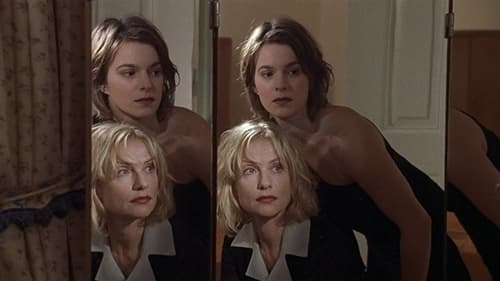
Julia / Young girl in Paris
After reading a postcard that her mother let go in the wind, a woman learns that she has a twin.

Mulher Jovem
A wealthy landowner, "The Dauphin," enjoys a decadent life of hunting, drinking, and womanizing. He oversees his estate, the Laguna, with his barren wife, his one-armed manservant, and his treasured guard dog. When a sportsman (the film’s narrator) comes to the estate for his annual duck-hunting excursion, he discovers the body of the landowner’s wife floating in the lagoon and the manservant dead on his master’s bed. The Dauphin and his dog are nowhere to be found except for the mysterious barking sounds heard over the lagoon.
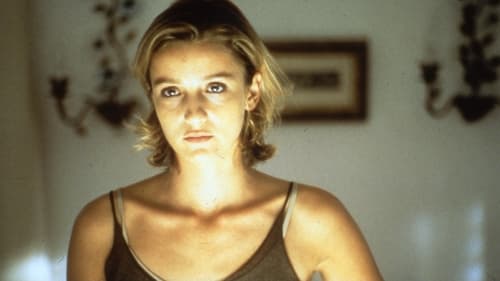
Leninha
The story of a family of bull fighters.

Julia
Life has moved too fast for Mane. at the age of 50 he watches the slow sacrifice of his ideals. His wife, Lucy, has locked him in to a daily routine. His work in a small commercial shop and grocer's has worn him out. His dreams have evaporated into the drought of the beaten earth of Mindelo. Now forgotten, with his past as a great football player for Mindelense, in St Vincent in Cape Verde, he only has the belated compassion of his friends, neighbours, and cafe companions: "He was important", "He was the keeper in Cape Verde", "He could have played for Benfica!" Mane rejects the loss of his status as a hero. When training a youth team he sees himself again in KALU, a rebellious but talented youth. He is guided by a whirlwind of thoughts; he was also young, had opportunities, felt the sting of love and wasted his flame. A beaten leather ball shines in his hands once again, Benfica, his club, calls him to the Portuguese Cup Final.

Rita

Marta
Armando, the only grandson of an old worker of Salinas de Aveiro, studies music in France and any news from him is scarce. The grandfather Abilio then decides to send him a letter announcing his death and Armando rushes to return.










